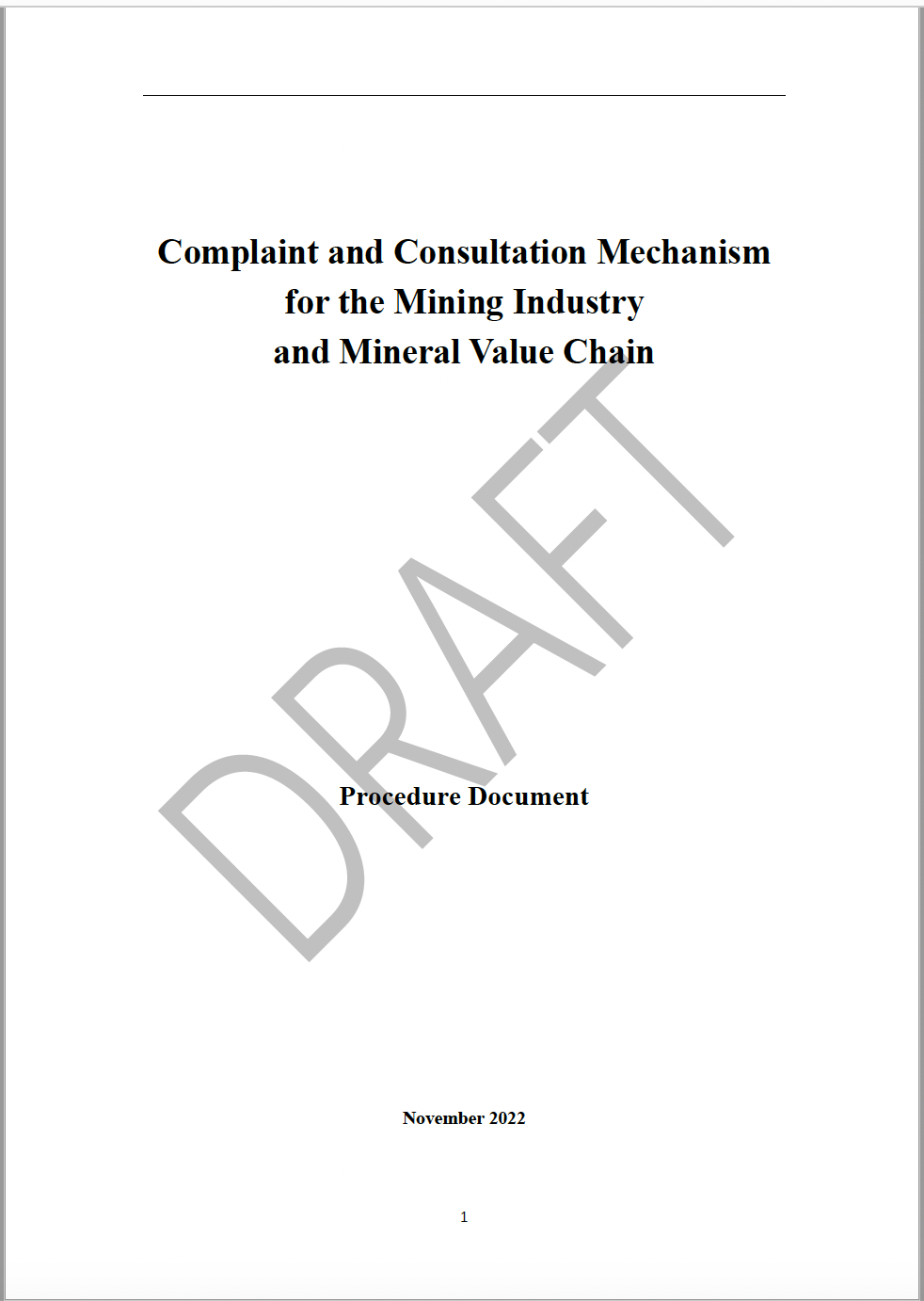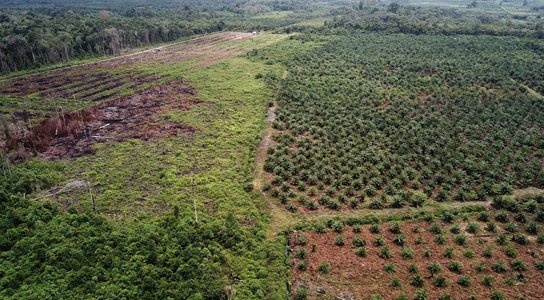The new generation of clean technologies, necessary for the transition from traditional fossil energy to renewable energy, is an essential part of the struggle to bring emissions under control. This means that ‘green’ energy industries such as photovoltaics, wind turbines and vehicle batteries will witness surging demand both in China and around the world.
Meanwhile, these industries are highly dependent on critical mineral resources such as lithium, cobalt, and rare earths. China is currently increasing investments in many overseas mining projects, including in developing countries, such as cobalt and lithium mines in the Democratic Republic of Congo.
In recent years, China's business practices in mining and mineral supply chains have received extensive attention from the international community. There have been many media reports of opaque mining contracts, violation of local laws and environmental pollution.
Although China has taken some steps to address these issues in the past decade its key environmental and social standards, many of which are voluntary, remain largely unenforced. Due partly to a lack of effective communication channels, disputes and conflicts between companies and communities are often not resolved quickly or effectively.
There is growing awareness of the value of grievance mechanisms in helping to address conflicts between companies and communities. The United Nations (UN) Guiding Principles on Business and Human Rights have been an important catalyst for the development of grievance mechanisms under the “Protect, Respect and Remedy” framework. A small number of financial institutions and mining companies have established their own complaint mechanisms, such as the "Cobalt Supply Chain Due Diligence Management Complaint Mechanism."
The China Chamber of Commerce of Metals, Minerals & Chemicals Importers & Exporters ('CCCMC') launched the Responsible Cobalt Initiative (RCI) in 2016. Recently, The Responsible Cobalt Initiative (RCI) has developed a “Complaint and Consultation Mechanism for the Mining Industry and Mineral Value Chain” (hereinafter referred to as “the Mechanism”). Its purpose is to ensure better handling of disputes on environmental, social and governance issues related to mining projects and mineral supply chains.
The Mechanism was developed with the support and participation of the RCI and international NGOs including Global Witness.
Here are some of its key features:
• The design and procedures of the Mechanism are aligned with the United Nations Guiding Principles on Business and Human Rights as well as the Organisation for Economic Co-operation and Development (OECD) Guidelines for Multinational Enterprises and its case handling mechanism. It has also drawn on lessons from the grievance mechanisms for projects financed by the World Bank’s International Finance Corporation (IFC).
• The mechanism is based on the standard documents on social, environmental and governance issues in the mining sector. These include not only CCCMC’s “Guidelines for Social Responsibility in Outbound China Mining Investments”, “Chinese Due Diligence Guidelines for Mineral Supply Chain”, the “Cobalt Refiner Supply Chain Due Diligence Standard” (2.0) produced by RCI and The Responsible Minerals Initiative (RMI), and RCI’s “Artisanal and Small-Scale Mining (ASM) Cobalt ESG Management Framework”, as well as other documents consistent with these standards, and internationally recognized codes of responsible business conduct.
• The mechanism focuses on problem-solving and effective communication. By building a platform for communication, negotiation and collaboration between enterprises and stakeholders, mobilising professional resources inside and outside of the industry, jointly finding solutions to problems, and laying a foundation for a long-term communication mechanism for all parties.
RCI has officially launched a public consultation on the Mechanism, which will last for one month (until 22nd December 2022).
Affected communities, civil society groups, academia, local government and the mining industry are welcomed and encouraged to participate in this public consultation.
You can download this "Mechanism" here in Chinese and English.
Please send your comments, and suggestions to [email protected] before 22nd December 2022.



